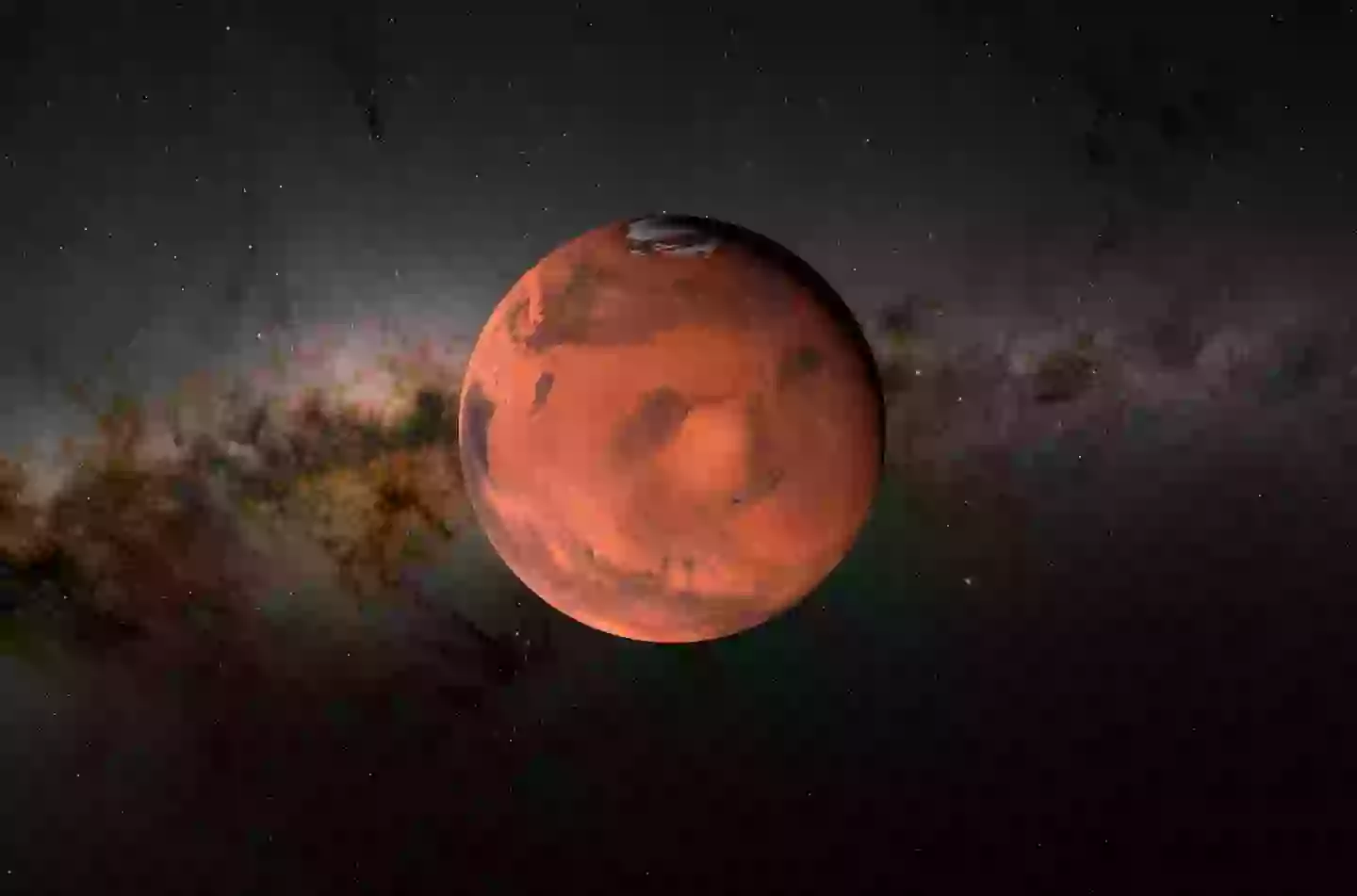


A scientist has claimed that NASA might have accidentally killed life on Mars.
It’s been said that this supposedly happened when we first landed on the Red Planet back in the 1970s.
According to Dirk Schulze-Makuch, who is an astrobiologist for the Technische Universität Berlin in Germany, it’s possible that humans killed any life existing on Mars.

Advert
The search for extraterrestrial life is one that space scientists are constantly searching for.
The idea that alien life could be out there in our universe is one that has captivated people, often featuring in our films and TV.
However, one scientist believes that we might also be the reason we haven’t found any evidence of life outside of Earth yet.
Schulze-Makuch is convinced that humans unintentionally destroyed life on our neighboring planet.
Advert
The first landing on the Red Planet took place in 1976, when NASA’s Viking 1 mission arrived on the surface.
The mission was to conduct an experiment which involved mixing water and nutrients with soil samples collected on Mars.
At the time it was thought that life on that planet would act the same as it does on Earth, where it relies on liquid water to survive.
However, the scientist believes that these experiments killed life on Mars, theorizing that it might have relied on salt deposits instead of water.
Advert

In his commentary for the journal Nature, Schulze-Makuch said: “In hyperarid environments, life can obtain water through salts that draw moisture from the atmosphere.
“These salts, then, should be a focus of searches for life on Mars.”
He went on to add: “The experiments performed by NASA’s Viking landers may have accidentally killed Martian life by applying too much water.”
Advert
He continued: “If these inferences about organisms surviving in hyperarid Martian conditions are correct, then rather than ‘follow the water,’ which has long been NASA’s strategy in searching for life on the Red Planet, we should in addition follow hydrated and hygroscopic compounds — salts — as a way to locate microbial life.”
Schulze-Makuch hopes that more experiments will shed some light on the true nature of possible life on Mars.
He added: “Nearly 50 years after the Viking biology experiments, it is time for another life detection mission — now that we have a much better understanding of the Martian environment.”
The scientist also spoke to Space.com, where he said: “To make a long story short, we would want to have several different kinds of life-detection methods that are independent of each other, and from there, we could come up with more convincing data.”